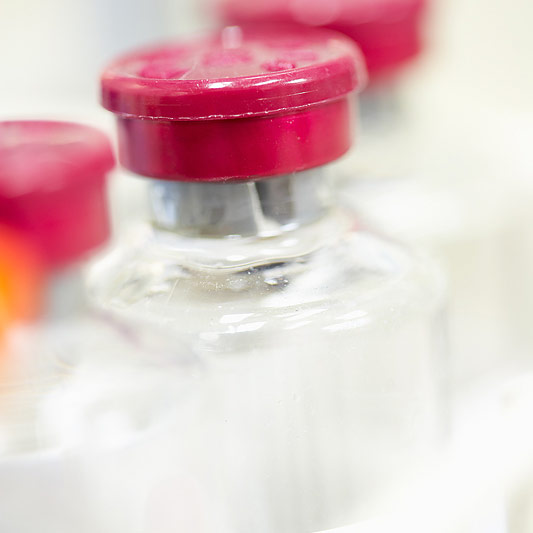SUNDAY, April 17, 2016 (HealthDay News) — Applying 30 SPF sunscreen to mice before they were exposed to ultraviolet-B (UVB) radiation delayed the development of melanoma, researchers report.
The study results suggest that mice can be used to identify and develop new and more effective ways to prevent the most dangerous of skin cancers, the investigators said.
“Over the past 40 years, the melanoma incidence rate has consistently increased in the United States,” said lead investigator Christin Burd. She is an assistant professor in the department of molecular genetics and the department of molecular virology, immunology and medical genetics at Ohio State University’s cancer center.
“Sunscreens are known to prevent skin from burning when exposed to UV sunlight, which is a major risk factor for melanoma,” Burd said in a university news release.
“However, it has not been possible to test whether sunscreens prevent melanoma, because these are generally manufactured as cosmetics and tested in human volunteers or synthetic skin models,” she explained.
“We have developed a mouse model that allows us to test the ability of a sunscreen to not only prevent burns but also to prevent melanoma. This is a remarkable accomplishment. We hope that this model will lead to breakthroughs in melanoma prevention,” Burd concluded.
It’s important to note, however, that animal research often doesn’t produce similar results in humans.
The researchers were to present the results Sunday at the American Association for Cancer Research’s annual meeting, in New Orleans. The findings should be considered preliminary until published in a peer-reviewed medical journal.
According to the American Cancer Society, an estimated 76,000 Americans will be newly diagnosed with melanoma this year and nearly 10,000 will die from it.
More information
The U.S. Centers for Disease Control and Prevention has more on melanoma prevention.
Copyright © 2026 HealthDay. All rights reserved.

